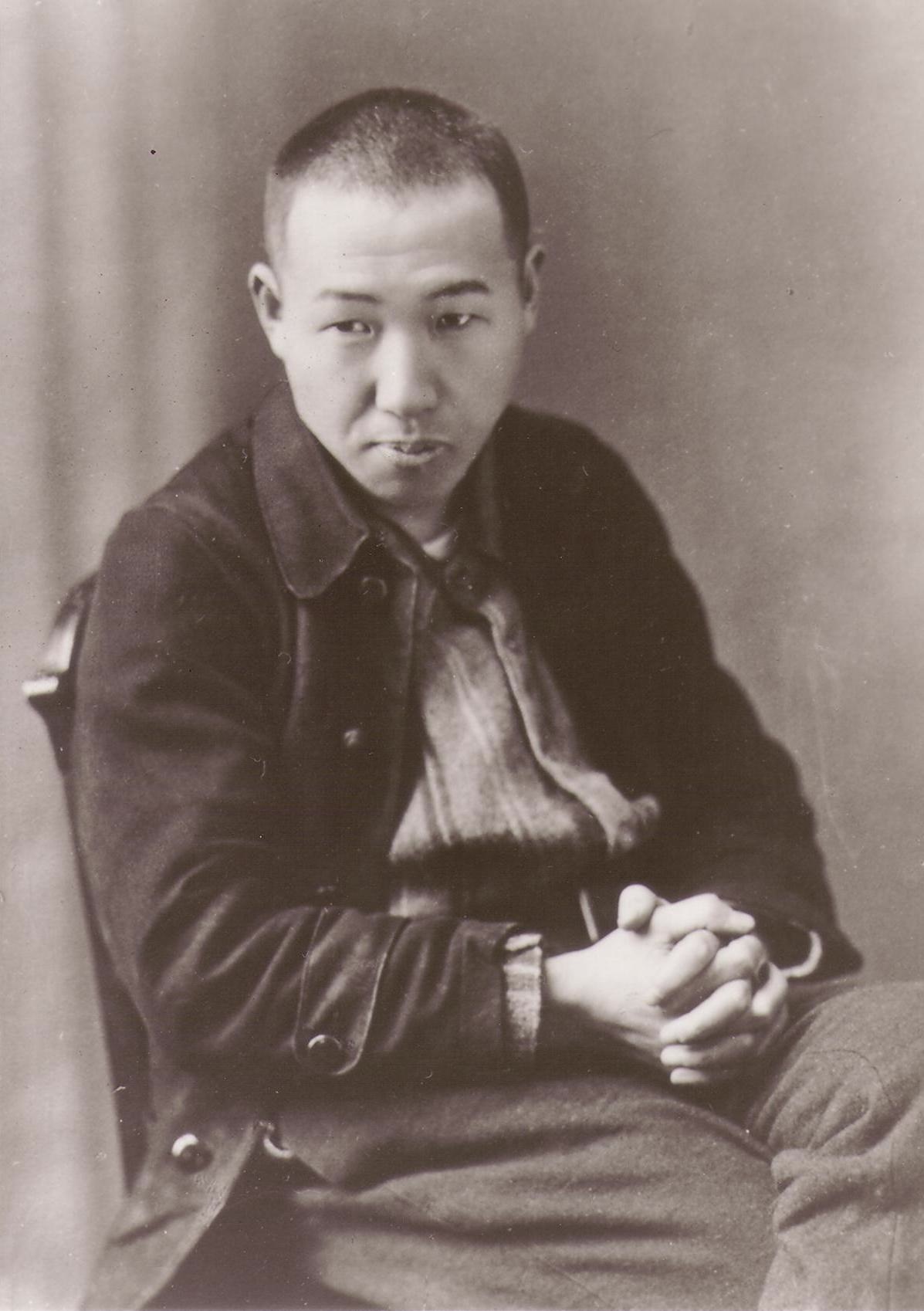Kenji Miyazawa foi um poeta e autor japonês de literatura infantil de Hanamaki, Iwate, no final da era Taisho e início da era Shōwa. Ele também era conhecido como professor de ciências agrícolas, vegetariano, violoncelista, budista devoto e ativista social utópico.Algumas de suas principais obras incluem Ginga Tetsudo no Yoru , Kaze no Matasaburo , Sero Hiki no Gōshu e Taneyamagahara no Yoru . Kenji se converteu ao Budismo Nitiren depois de ler o Sutra do Lótus, e se juntou ao Kokuchūkai, uma organização budista Nichiren. Suas crenças religiosas e sociais criaram uma divisão entre ele e sua família rica, especialmente seu pai, embora depois de sua morte sua família eventualmente o seguisse na conversão ao budismo Nichiren. Kenji fundou a Associação Agrícola Rasu para melhorar a vida dos camponeses na prefeitura de Iwate. Ele também foi palestrante do Esperanto e traduziu alguns de seus poemas para esse idioma.
Morreu de pneumonia em 1933. Quase totalmente desconhecido como poeta em sua vida, o trabalho de Kenji ganhou sua reputação postumamente, e desfrutou de um boom em meados da década de 1990 em seu centenário. Um museu dedicado à sua vida e obras foi inaugurado em 1982 em sua cidade natal. Muitas das suas histórias para crianças foram adaptadas para anime, mais notavelmente Ginga Tetsudo no Yoru. Muitas de suas poesias tanka e de verso livre, traduzidas para muitas línguas, ainda são populares hoje em dia.
== Referências ==
Wikipedia
✵
27. Agosto 1896 – 21. Setembro 1933
